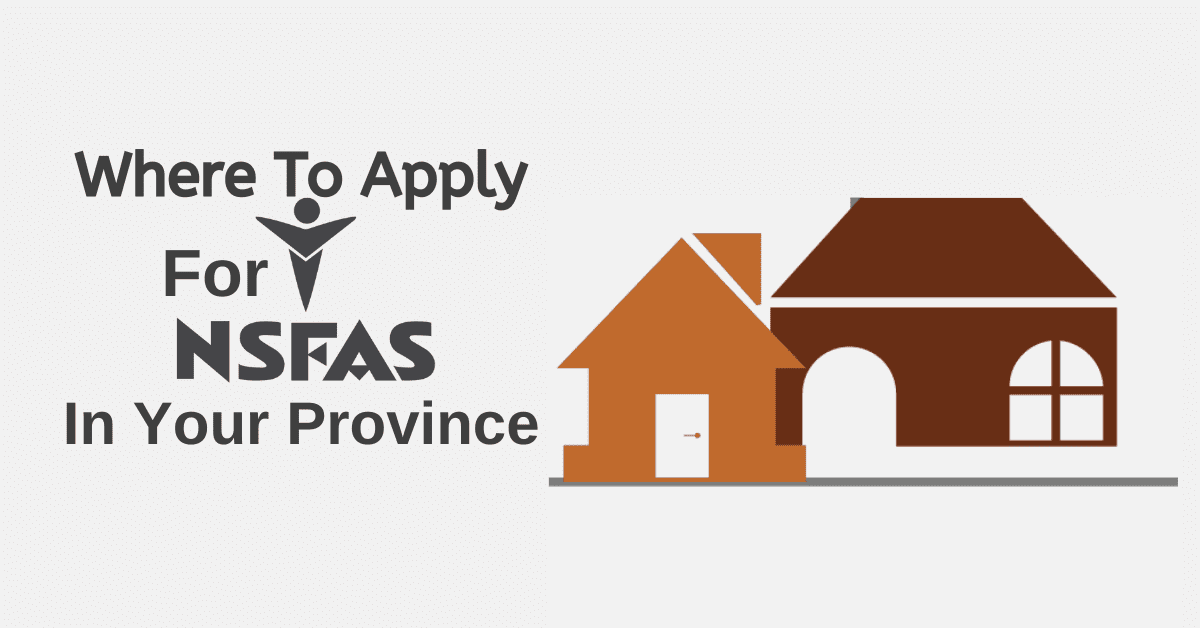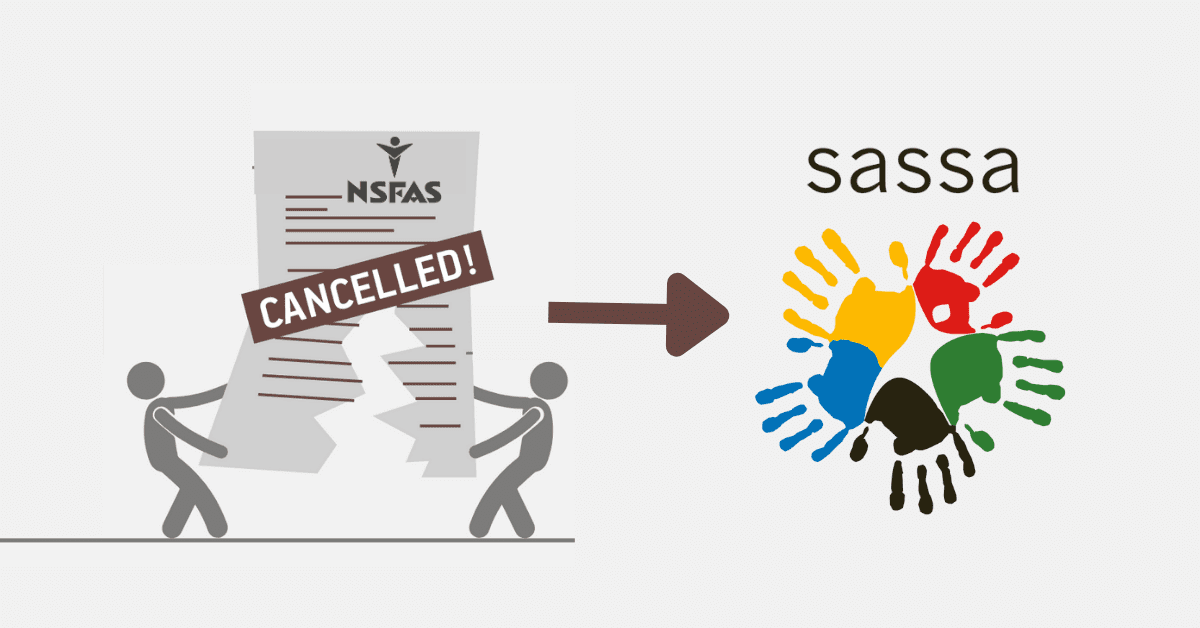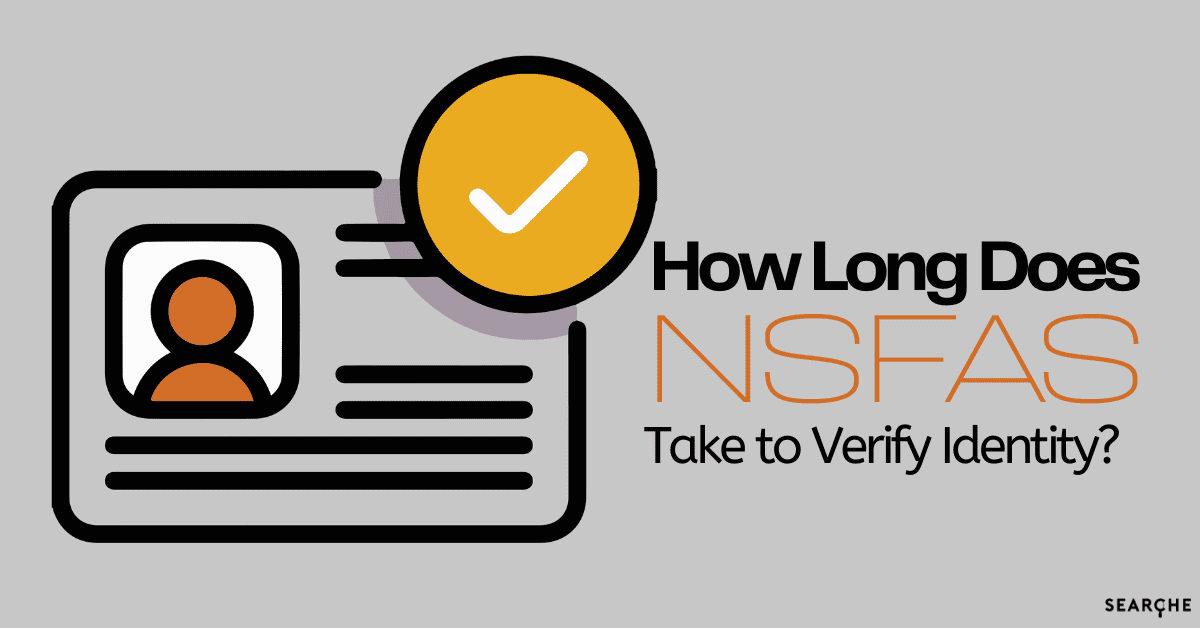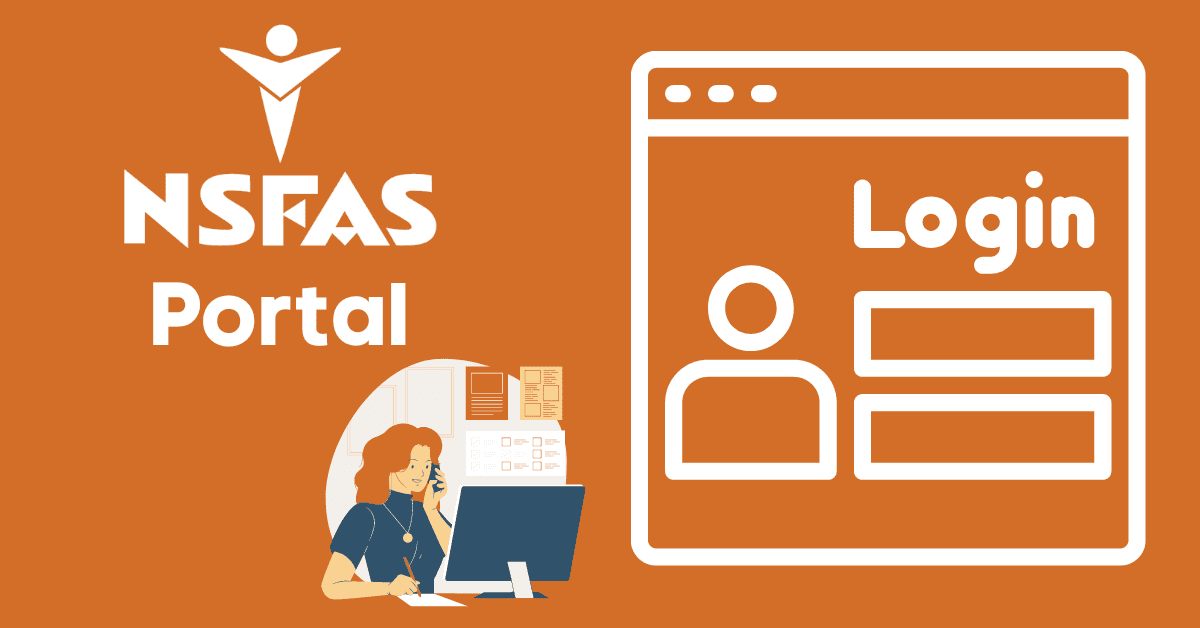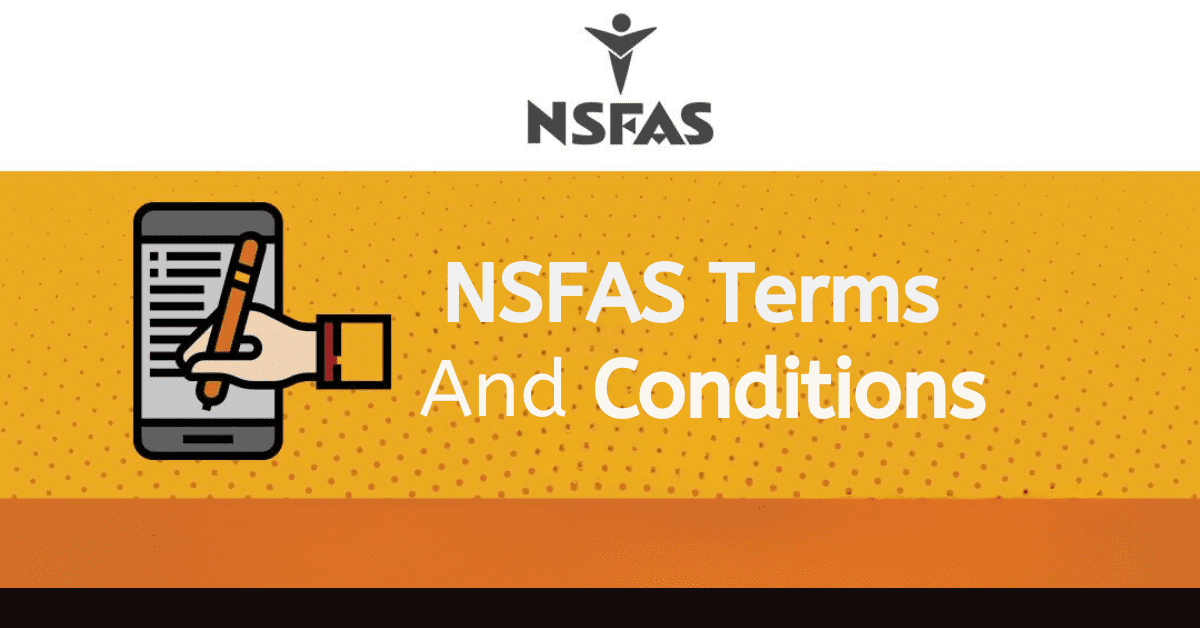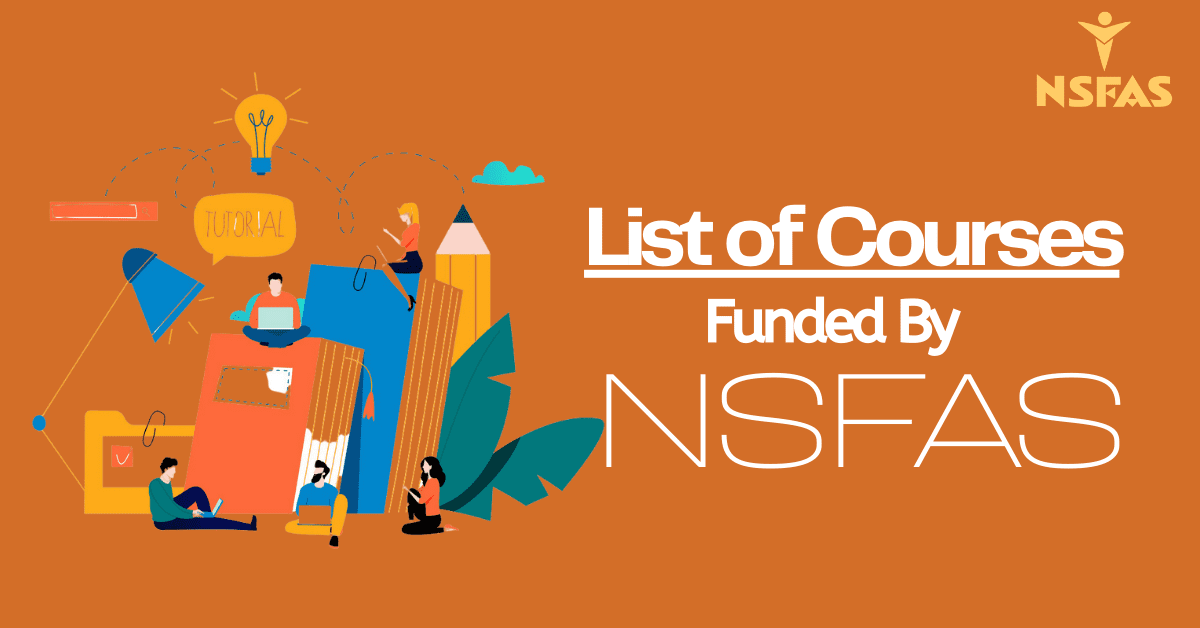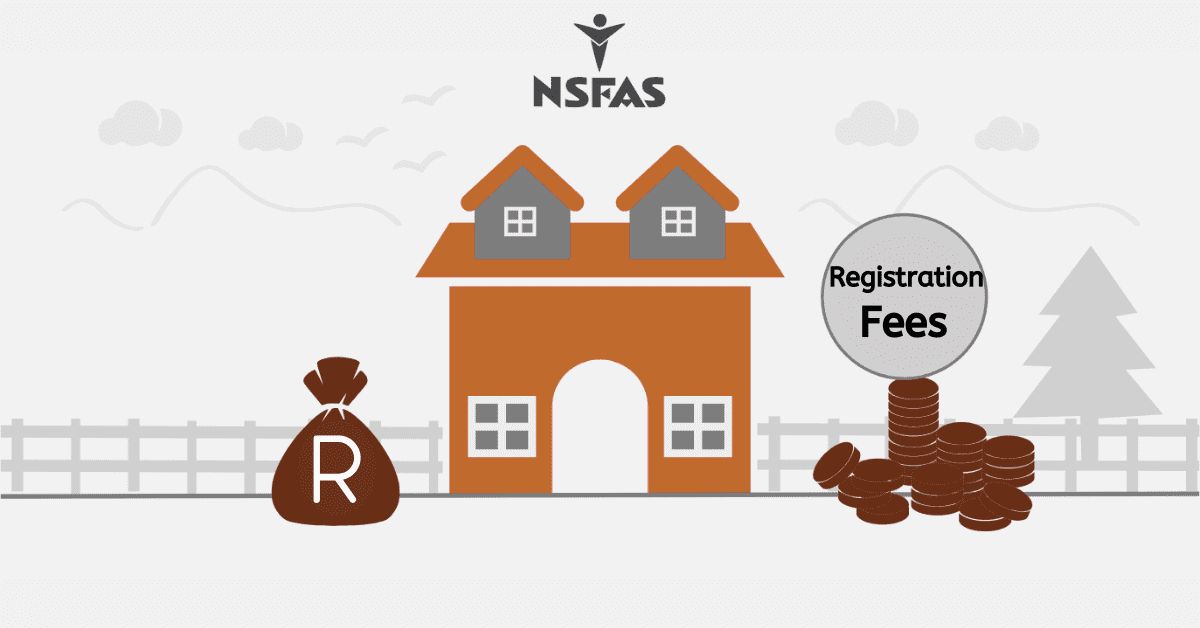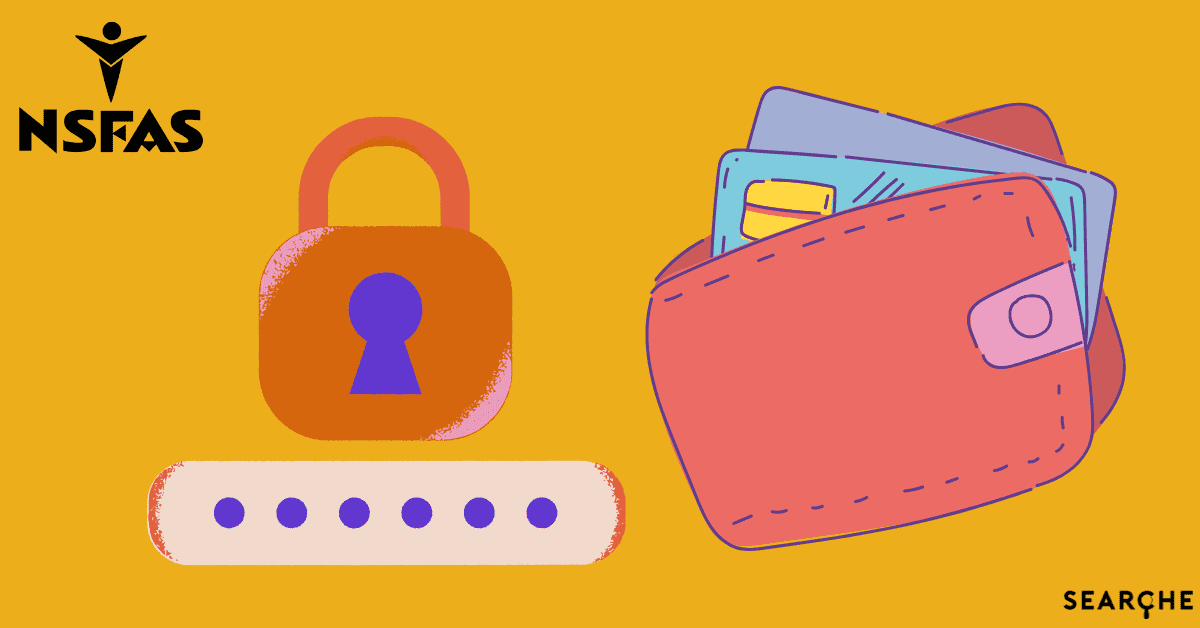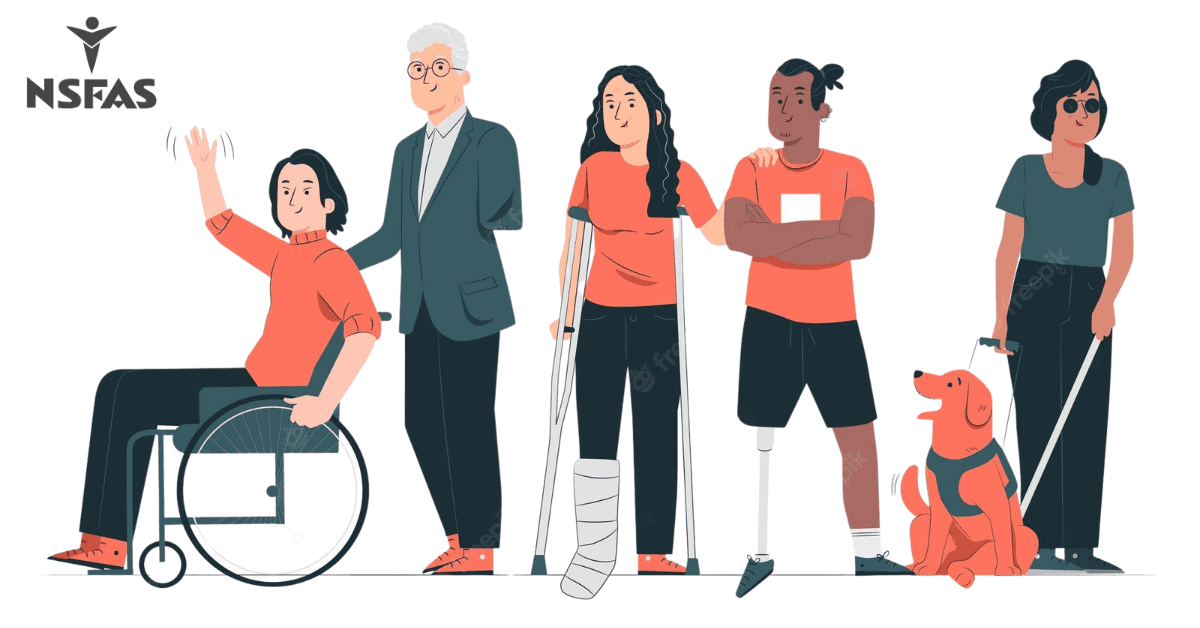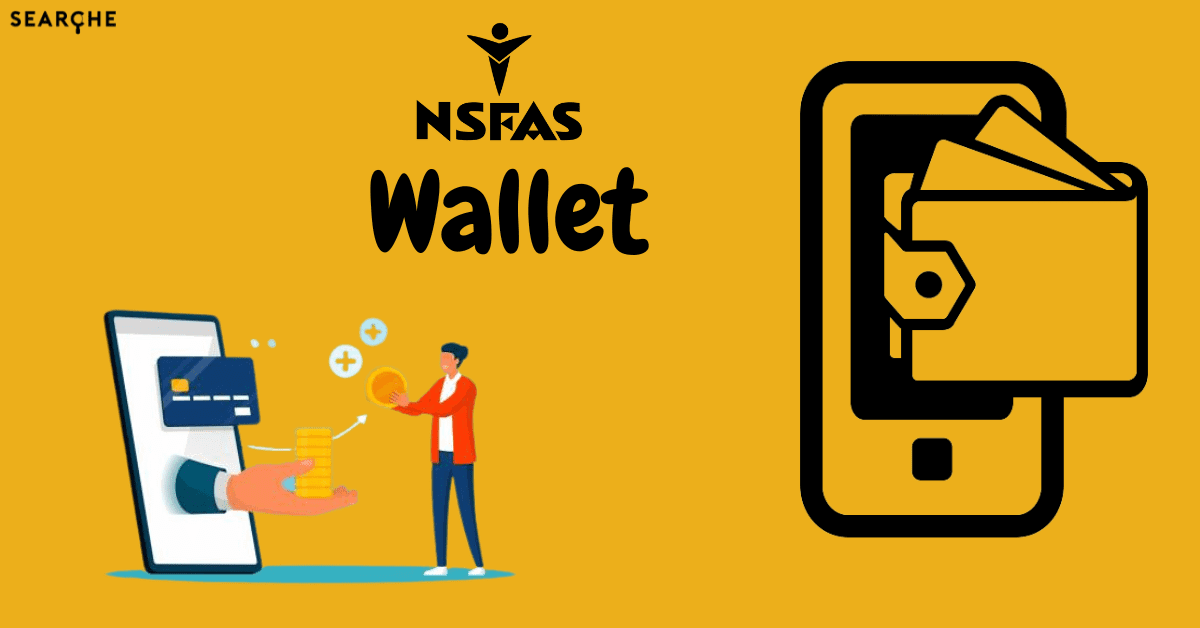In 2019, it was established that over half of South Africa’s youth (51%) could not afford to pay for their tuition, and 50-60% of first-year students dropped out of university in South Africa. One of the main reasons students drop out of university is because of financially-related problems.
What Happens to NSFAS When You Fail?
NSFAS funds South African students who intend to study at South African public universities or TVET colleges
Bursaries and financial aid schemes such as NSFAS (the National Student Financial Aid Scheme) bridge the gap between those who cannot afford to pay for their tuition and those that can afford it.
The bursary goes beyond tuition. It covers registration fees and provides allowances for accommodation, transport, and learning materials. However, as with other bursaries, there are terms and conditions that prospective students need to adhere to.
Who is eligible to apply for NSFAS funding?
For a NSFAS applicant to be eligible for funding, they should be a South African citizen living in a household that does not exceed a R370 000 combined annual income. However, disabled applicants coming from households with a combined annual income not exceeding R600 000 are also eligible for funding. NSFAS further considers applicants who registered at a South African public university/TVET before 2018 if they come from a household with a combined annual income of R122 000.
Will NSFAS fund me if I fail my modules?
The answer to that is yes. According to NSFAS’ policy, the bursary requires students to at least pass 50% of their modules, and meet their university/TVET’s basic passing requirements, to maintain their funding. Whether a student fails one, two, or even half of their modules, they must have passed at least 50% of their modules and meet their institution’s passing requirements.
If a student has 10 modules, only managing to pass 6 modules but doesn’t meet the overall 50% pass average, NSFAS will automatically stop funding the student. In this case, the student will have to wait for NSFAS applications to reopen, for them to reapply, or they can appeal their case for reconsideration.
What would be the reason for NSFAS to stop funding a student?
There are various reasons why an applicant’s application may not be successful or for NSFAS to stop funding a student. Reasons range from not meeting the minimum eligibility requirements to not adhering to the bursary’s terms and conditions. The N+ rule is one of the many rules students must adhere to maintain the NSFAS funding.
The ‘N’ in the N+ rule refers to the minimum qualification completion time for the chosen course by a student; for example, a Bachelor of Arts degree in Journalism at Rhodes University’s completion time is three years.
NSFAS funds those three years; however, if it so happens that a student may exceed the completion time, they are funded for an extra year or two, depending on when they registered for the bursary (N+1 and N+2). N+1 applies to students who registered for first-time entry after December 2017. The N+2 rule applies to those who registered for the first time before January 2018.
NSFAS stops funding if a previously eligible student no longer meets the minimum requirements, if they failed to pass 50% of their modules, and if they’ve exceeded their minimum and maximum years of completion.
How do you know if NSFAS has stopped funding you?
If there is a delay in payments or you haven’t received your allowances, as usual, NSFAS might have stopped funding you. A student should check their bursary status on the NSFAS student portal consistently. NSFAS provides a student portal, myNSFAS, where students can easily access their bursary status. The portal makes it easier for students to check whether their NSFAS applications have been approved or not, and students can further track if NSFAS is still funding them.
Will NSFAS continue to fund me if I change courses?
NSFAS continues to fund a student regardless of whether they decide to change courses or change their place of learning (university). However, the N+ rule should be kept in mind because the N+ rule applies before and during the bursary funding, meaning NSFAS considers how long a student has been at a tertiary institution before and during the bursary funding.
Bursaries, such as NSFAS, continue to give students a fair chance at furthering their studies, depending on the bursary’s terms and conditions.
One would argue that NSFAS’ terms and conditions are not ‘bad’, because NSFAS only has one aim: to fund students coming from households that meet a certain threshold, proving that they cannot afford tuition fees but are determined to further their studies.
Students should keep track of their NSFAS funding through the myNSFAS student portal to update their information – such as a change of address, course changes, and changing institutions. Academically, students need to ensure that they at least pass 50% of their modules to avoid losing their bursaries.
